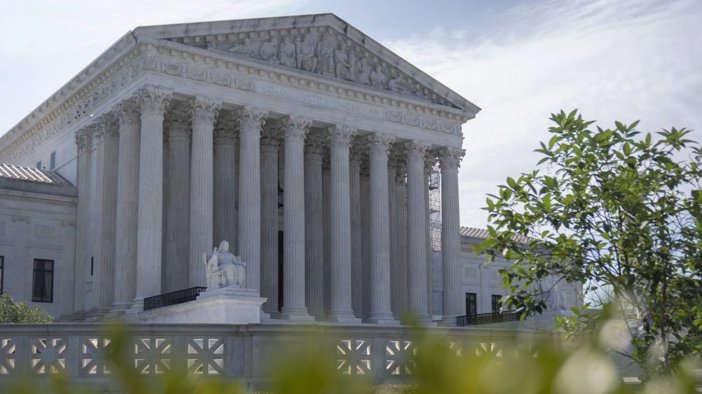
Supreme Court Issues Historic Rulings on Rights and Powers
Supreme Court ends nationwide injunctions, bolsters parental rights, upholds age checks on explicit sites in major rulings.
Supreme Court Delivers Historic Term-Ending Rulings
The final day of the Supreme Court’s term brought a wave of decisions that will reverberate through American law and society, as the justices issued a series of rulings addressing judicial authority, parental rights, online free speech, and voting maps.
In one of the most consequential opinions, the Court voted 6-3 to end the practice of federal judges issuing nationwide injunctions—sweeping orders that had blocked major components of President Donald Trump’s agenda in recent years. The decision means such injunctions can no longer be used to halt federal policies for everyone, limiting relief to only those directly involved in a given lawsuit. The ruling, however, leaves the door open for plaintiffs to seek broad remedies through class-action lawsuits or other channels.
This shift followed legal challenges that had blocked Trump’s birthright citizenship plan. Instead of contesting the policy itself, Trump’s administration sought to curtail the judiciary’s power to issue such broad injunctions—a move the high court ultimately backed, fundamentally changing the landscape of federal litigation.
Major Victory for Parental Rights in Education
Another closely watched case, Mahmoud v. Taylor, resulted in a 6-3 decision granting parents the right to opt their children out of Maryland public school lessons that conflict with their religious beliefs, particularly when lessons include topics of homosexuality or transgender identity. Writing for the majority, Justice Samuel Alito emphasized that compelling parents to submit their children to instruction undermining their faith “burdens the religious exercise of parents.” The Trump administration hailed the outcome as a crucial win for parental rights and religious freedom.
Justice Sonia Sotomayor issued a strong dissent, warning that the decision could open the door for families to opt out of a wide range of educational content, potentially weakening uniform standards in public education.
States Can Require Age Checks for Explicit Websites
The Court also allowed a Texas law requiring age verification on pornographic websites to stand, representing a major win for those seeking to prevent minors from accessing explicit material online. Opponents from the adult entertainment industry had argued that the rule violated free speech rights, but Texas Attorney General Ken Paxton declared the ruling a “major victory for children, parents, and the ability of states to protect minors.” The Court’s move is expected to inspire similar legislation across the country.
Voting Rights and the Path Ahead
On voting rights, the Court deferred action in a case concerning Louisiana’s congressional district map, asking for more information to be presented in the fall. As a result, changes to the state’s voting districts—including the creation of majority-Black districts—are postponed until at least the 2028 election cycle.
As the Supreme Court winds down ahead of its summer recess, its latest decisions mark pivotal moments in ongoing legal and cultural battles. The outcomes highlight enduring divides on the Court, with several controversial cases split along ideological lines, and signal the next frontiers in America’s debates over judicial power, family rights, and digital regulation.






